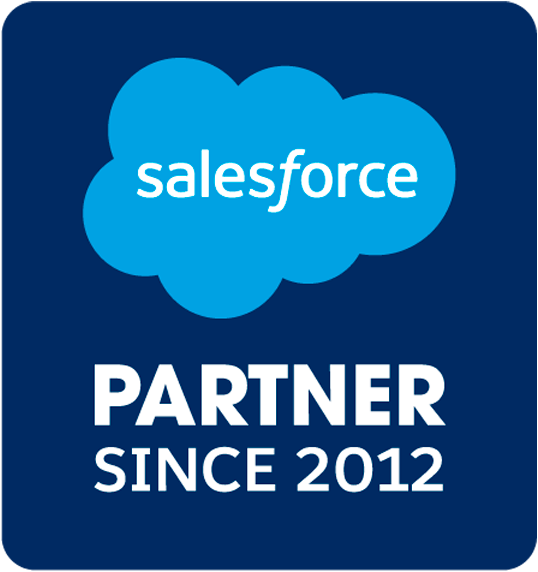The cost of employee turnover affects the bottom line of all businesses, large and small, in every industry. As any leader knows, when someone leaves the organization, you can replace them with a new hire with a similar background, and even a similar skill set. But you can never completely replace that former employee’s valuable relationships or job-specific knowledge. It takes time to ramp up new employees. And time costs money.
And recent research sheds additional light on this cost: The cost of losing an employee can range from tens of thousands of dollars to 1.5–2.0x the employee’s annual salary, according to Deloitte’s Josh Bersin.
It begs the question: How can you reduce this cost when the inevitable happens? Well, one surprisingly intuitive answer that works for any team: A well-maintained CRM tool.
CRMs get institutional knowledge out of employees’ heads and into a shared database, so any team regularly logging data with this technology can cover for a co-worker more easily than they could otherwise. Specifically, here’s how a CRM can reduce the cost of employee turnover for three different roles.
{{cta('55135823-ced5-4a9d-9eaa-af1ef4962612')}}
Reducing the Cost of Employee Turnover Across 3 Roles: Sales, Service and Executive
1. Sales:
When you think of employees with specialized knowledge and valuable relationships, your sales team might come to mind first. And sure, a CRM like Salesforce will never replace the personal relationships your reps have with their customers, but it can capture details about customer preferences, ongoing deals and the most recent activity each rep has taken with each customer. So when onboarding a new sales rep, they won’t be flying blind. Instead, they’ll be able to start each customer relationship with a confident phone call that picks up right where their predecessor left off.
2. Service:
For most service and support reps, knowledge is power. The best ones know their products better than anyone and yet can explain nuanced solutions to customers in clear, simple language. How could your company ever hope to replace someone like that?
Here, building a comprehensive knowledge base into your CRM will lessen the impact of turnover. Your team can collaborate to document call scripts, best practices and answers to customer questions (common and uncommon alike) on a shared platform. This type of repository not only improves the performance and job satisfaction of each support agent but also speeds the onboarding of new reps. Never again will expertise leave your business when a support agent walks out the door.
3. Executive:
Executive turnover can be especially tough. The top levels of your organization need to know the business front to back, including the overall health of the company, the state of large accounts and the performance of different teams.
Good thing a well-maintained CRM tracks all of that data. With the right reporting built into your CRM, incoming executives and managers can quickly understand performance trends at any level of the business: company-wide, by account or by team. No longer will your new executives need to spend the better part of a year learning the ins and outs of the company through osmosis alone. With so much information at their fingertips, they’ll be able to turn actionable insights into effective directives that much faster.
Nothing is truly lost in your business if you keep your CRM up to date. That’s the beauty of these solutions. So if your company doesn’t currently have a CRM, or isn’t using it as widely as it should, you’re losing more money than necessary with each exit interview. Implementing this kind of tech solution will not only save current workers time and frustration but also reduce the cost of employee turnover in the long run. Your staff, present and future, will thank you for the investment.
Have questions about putting these concepts into practice? Send us a message to talk to our experts about your business’ specific needs.



